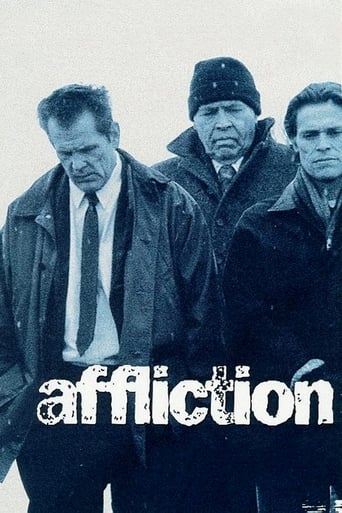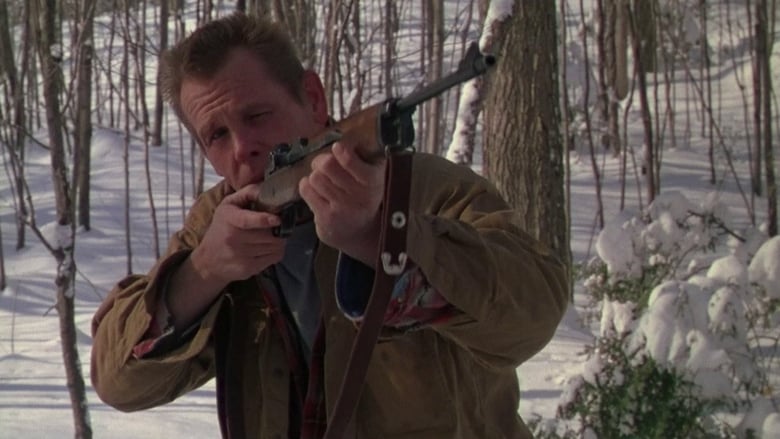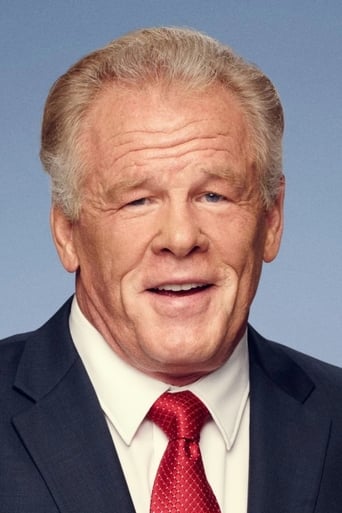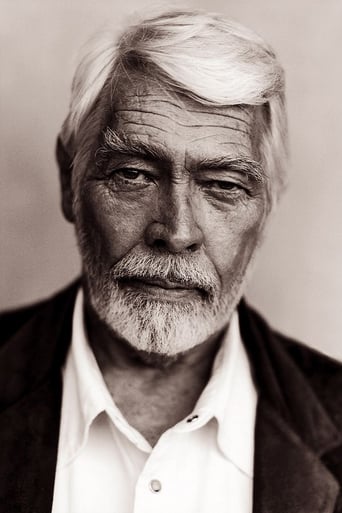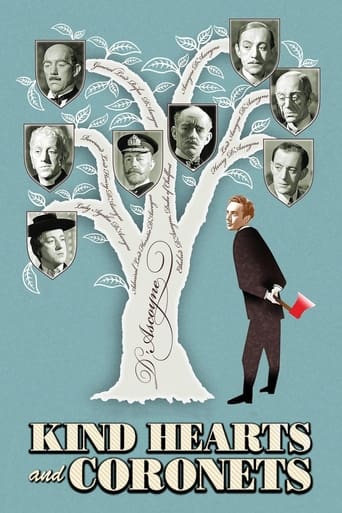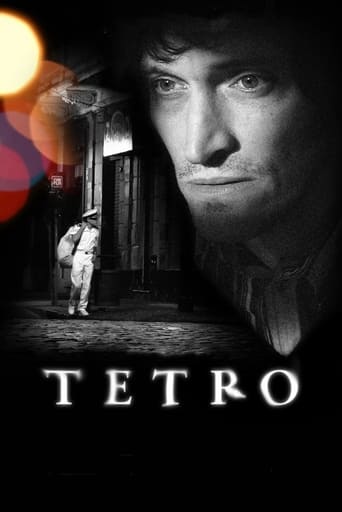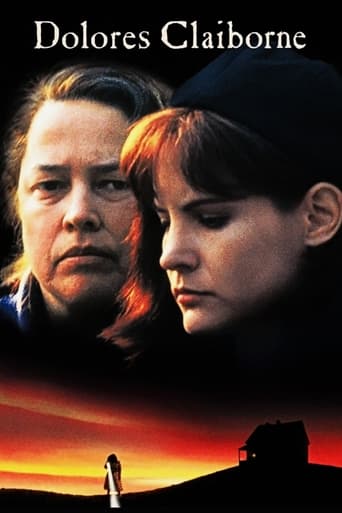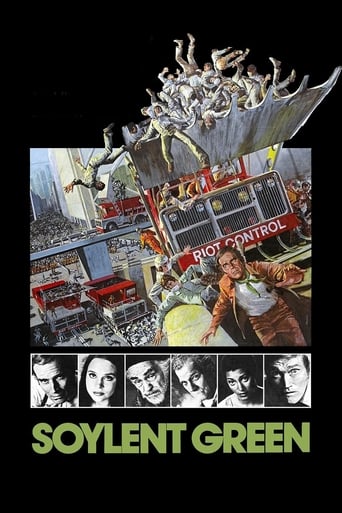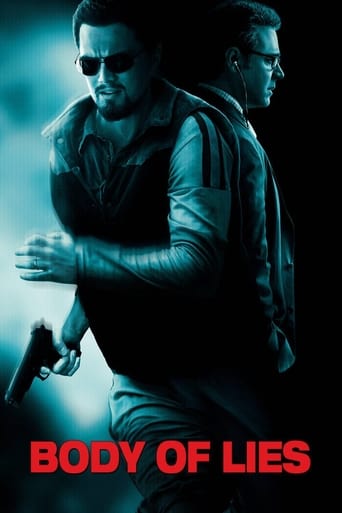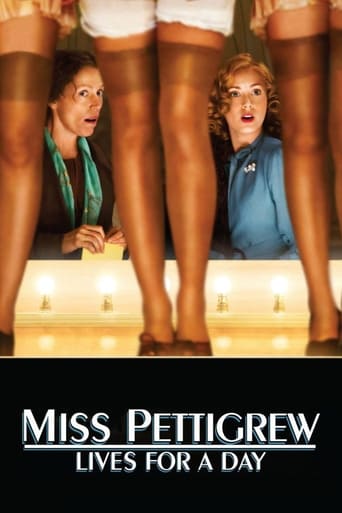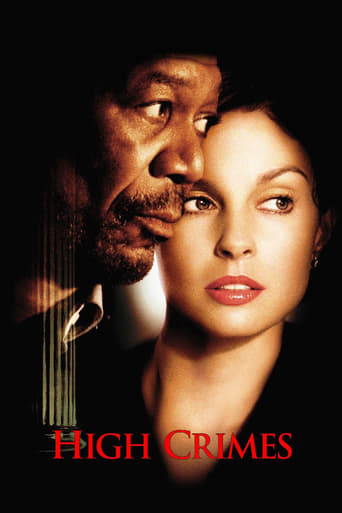Affliction (1998)
A small town policeman must investigate a suspicious hunting accident. The investigation and other events result in him slowly disintegrating mentally.
Watch Trailer
Cast


Similar titles
Reviews
The affliction referred to in the title of this film is clearly intended to be interpreted as violence. Wade's brother makes this clear when he tells him that he has not been affected by Wade's "affliction." And yes, we see extreme verbal abuse along with "mild" physical violence in their father, Ben. And yes, we see a pent-up violence in Wade. Without condoning or encouraging murder, consider an alternate interpretation...As an alternative, is Wade's passivity and his refusal to fight back against his abusive father truly admirable or healthy? Is passivity the sane condition from which Wade falls into madness? Or is his continued acceptance of abuse a mental illness? Consider the scenes when Ben abuses young Wade and his mother; don't we want to stop Ben? Don't we want Wade to stand up to his father? And later, when Wade is a grown man, don't we want him to protect himself and Margie and his mother from Ben's continued abuse? Instead he takes it; he still acts like a child who is under the control of a parent.An alternative interpretation would be that Wade's character flaw is not that he is drawn to violence but that he can't stand up against violence. His unhealthy desire for his father's love keeps him trapped in an abusive relationship. Perhaps it is not an affliction to want to fight back against Ben's sickness. Ben is cruel and enjoys being cruel. That is an illness that deserves to be stopped, preferably without violence, but still it deserves to be stopped.If Wade hadn't stuffed his anger so far down his entire life, if he hadn't let himself be a victim for so long, perhaps he could have found a non-violent response to his father's abuse. Perhaps he could have followed the more healthy path his brother did - he could have left his father and lived his own life.As a comparison, consider abuse in a marital relationship.We would call the Wade-type partner an enabler of the abusive Ben-type partner. We would counsel the enabler/victim Wde to develop a sense of self-worth and self-actualization in order to leave the abusive relationship. Right? We would not encourage the enabler to continue to accept the abuse endlessly. Perhaps it is Wade's inability to stand up to his father in a healthy way that is his true affliction.After a lifetime of struggle, it would seem that the only way for the abusive relationship to end is for one of them to die. The two are locked in a metaphorical fight-to-the-death as Ben abuses Wade and Wade stays around to take it. If Wade continued in the path of an enabler, if he continued on the same path without character growth, he would kill himself to allow his father to win. Instead Wade finally finds the strength within himself to react to the abuse. Isn't that a logical, i.e. sane, response? Again, without condoning murder, don't we think the old bastard deserved it? Isn't it possible that by finally reacting to Ben's abuse, Wade has discovered his true self rather than losing it? For example, consider two interpretations of the murder scene. As Wade aims the rifle at his fallen father, we see a flicker of emotion in his face when he suspects his father is already dead. Then, when he discovers that his father is in fact dead, his expression relaxes into something else. One interpretation would be that the first expression is disappointment that he has already killed his father and doesn't get to shoot him in a more intentionally violent way. Then. the reaction after realizing his father is dead could be the joy of having embraced his innate violence.But Wade's initial blow to Ben's head is more reflexive than premeditated. And he doesn't actually shoot the gun even though he is still in a rage. He looks through the site but he doesn't shoot. He hesitates. Shooting the gun would be an act of intentional violence and symbolic of a descent into violence. But he doesn't do it. Perhaps the first reaction is not one of disappointment but of concern for what he has done. Although he hates his father, he could be appalled and frightened to find that he has killed him. It is possible that the second expression is one of peace. Not the peace of being violent but the peace of being free of his tormentor. Peace at being free to move on from the childish state his father has kept him in into a state of self-actualization and growth; of adulthood.Consider also the sub-plot of Twombly. The murder of Jack is also represented as a descent of the rationality of Wade and his descent into madness. And yet the writers have set up the story so neatly and the evidence so clearly that it seems that Wade's "hallucinations" about Twombly's death are rational. The characters look and speak as if they are guilty, too. Again, without condoning murder, isn't it possible to interpret Wade's murder of Jack as a rational action in the face of the evidence? Of course murder is inexcusable in real life but as an artistic device isn't it possible that Wade's self-actualization allows him to finally stand up to the namby-pamby Gordon figure? To stand up to the actual and real conspiracy? In the final voice-over, we learn that Twombly's son-in-law does, in fact, destroy the town for his own financial gain. Isn't it possible that this supports Wade's conspiracy theory? Again, while not condoning violence, instead of thinking that Wade slinks off in disgrace after his violent behavior, it is possible to envision a stronger, healthier, and self-actualized Wade who leaves town with a sense of his own worth; that despite his guilt over his violent actions that he becomes more in tune with his true emotions and is able to enter into healthy relationships.Just food for thought...
"Affliction", based on the disturbing novel by Russell Banks, is a monumental "little" film. It's one of those independents that got overlooked by the public but not by the critics and certainly not by fans of the incomparable Nick Nolte. I won't give a lot of details or a plot summary since it's been done several times already."Affliction" is the story of how alcoholism is a disease some family members "catch" but all are affected by negatively in some way. James Coburn, family patriarch, has the disease. Nick Nolte, eldest son, catches it. And both Willem Dafoe, youngest son, and Mary Beth Hurt, wife, are affected by it. The wife is beaten into submission years before while the youngest son in scared to death of his father and as he says in the film, "I was a careful child and I became a careful adult" (explaining how one episode caused him to be very careful around his father and thus, it is now his role in life).But for this film, we are focusing on Nolte and Coburn who are so intense in this movie it is beyond belief that there was not a two-fer Oscar win for their performances. This is a father-son screen story for the ages worthy of a Greek tragedy. And as we join them at their current ages and the current stage of the battle, they are a frightening dynamic to watch.See the story in the Trivia section of the preparation conversation between the director Paul Schrader and Coburn. It is a true shame that we were not given the opportunity to see Coburn truly act more often. I always liked Coburn since he seemed likable but his career was a string of mainstream mediocrity in which he was punching a clock. This role shows us the depth of this man's talent that sadly Hollywood and he wasted with choices more like the embarrassing "Snow Dogs" than true acting vehicles such as this.For Nolte it was yet again another shaft by the Academy. People seem to be happy to equate Nolte's talent with the infamous mug shot that is so happily reprinted from a substance-related arrest. Why I do not know. I cannot think of another actor that I would lay down my money to see and know that am guaranteed my money's worth from his efforts at least. As someone mentioned in the comments, Tom Hanks (who also lost out on an Oscar in the same category losing to the lead role from the most insulting and disrespectful film made in many years, "Life is Beautiful"), would never have considered taking Nolte's role. Never. He is not going to take a role which contrasts with his "good guy" image and so we are treated to an endless stream of "average, nice guy wins" roles from him while Nolte, who takes more chances than any other actor in Hollywood, is continually ignored. This part is as skillfully crafted as his role in "Mother Night". You can see more of his talent in "Nightwatch" and more recently in "Off The Black", another small film he makes a big impact in. All ignored by the Academy.Nolte's skill makes his paranoid reactions to situations believable where other actors would make it comical or simply awkward. His anger and angst as well as his broken personality bursts out of the screen. Throughout this film his character PLEADS for help in every way he can without sacrificing that tough, leathery exterior that "real men" are supposed to have in this country (at least of that generation, that last generation it was expected of) and that his father holds up as the highest achievement any man can attain. But he is a broken man, broken deep inside where it is nearly impossible to repair and must start with a soul being opened up completely like a gutted, helpless fish which is not something men growing up in a situation like this can ever do, during or after (though honestly there is never an after ... it is always during ... and it is for the rest of your life). Nolte makes it all so real and genuine many comments on this board say he "must not be acting and must really be like this". I don't know Mr. Nolte personally and I am certain others saying this do not. It's just one more way of snubbing his immense and honest talent in favor of what the news media and the hammerheads on the internet would rather have you believe is the Nolte that matters, that is, that infamous mug shot.And what different "thing" does Nolte bring to every role? What makes the actor so unique? One thing I always notice is the walk, the gate of each character. In "Affliction" it is a rhythmic, self-assured stride as he is protecting what little of his insides there is left to try to save. But as the anger and the madness take him, the stride is hard, punching, and off-center.In "Off The Black", his stride is also off-center, physically with his right foot pointing out and his left foot pointing in as he angles through his uncertain life, uncertain of himself and his place in the world.I'm running out of room as I always do but Sissy Spacek and Willem Dafoe make big things of their smaller parts and flesh out the fun house mirror-feeling of the central figure's life that keeps us all off-balance to the sudden and brutal end.Schrader directs this group to a perfect film in my opinion. It builds to a deafening, disturbing crescendo in steady, well-timed measures. He was also overlooked for the Oscar for what is his best film since "American Gigolo".See this film. It cuts to the bone and then scrapes across the bone in a long slow draw.
Roger Ebert described it well. The effects of abuse are similar to implanted medication. It continues to seethe inside the victim long after the original event or implantation. Nick Nolte stars as Wade Whitehouse, a shell of a man about to lose everything he has and knows, including his sanity, due just as much to his inability to learn to function as a person outside of the abusive environment he grew up in as his overbearing father's alcoholic stupors and redneck machismo. Nolte's mumbling has been criticized as indecipherable hogwash, but it's consistent with a person who has lost direction, confidence in himself, and his reason for being long ago. James Coburn plays Glen Whitehouse, Nolte's father, winning the best supporting actor Oscar for his mind-blowing portrayal of an abusive father who has simply played the same record over and over and over for many many years. Coburn's acting is a rare treat; in that, every action, gesture, nuance, and word of dialog coming out of his mouth makes up a portrait of abuse hanging in an imaginary gallery of contempt. Ironically, Wade and Glen share the name "Whitehouse", which of course symbolizes purity, goodness, and an idyllic existence all rolled into one but in reality is everything but that. Nolte's character is a small town sheriff with nothing much to do except plow snow and double as a school crossing guard until a hunting accident occurs and uncovers a possible financial conspiracy. Meanwhile, Nolte must deal with fighting his ex-wife (Mary Beth Hurt) for custody of his daughter who has either been programmed by Hurt against Nolte or has other reasons for disliking him. Every aspect of and social interaction in Nolte's life reduces him to nothingness, whether he tries to buy his daughter a hamburger, plead with his ex-wife (Hurt), give a person a ticket for a moving violation, interact with his best friend or his boss, or has cross words with his father (Coburn). There is not the slightest hint of success in Nolte's past, present, or future, except for the possibility of his current relationship with his new waitress girlfriend played by Sissy Spacek. Watching Nolte's life unfold layer by layer, it's no surprise to viewers when Spacek bails on Nolte as well. Director Paul Schrader wrote the script based on the novel by Russell Banks, and as in every good Schrader film, the acting and the dialog are outstanding. There is never a false note or Hollywood moment. Willem Dafoe, who previously starred in Schrader's earlier best effort Light Sleeper, plays Nolte's younger brother Rolfe who distanced himself emotionally and physically from this quagmire of a family years ago. So much so that Dafoe's ill-advised opinion regarding the hunting accident serves as the catalyst leading to a sequence of events, culminating in Nolte's Pyrrhic victory at the end. It's clear Dafoe's character did not know just how deep or how long Nolte's abuse was festering inside when Dafoe says "at least I was never afflicted by that man's (Coburn) violence". Nolte's character replies with "that's what you think" with a laugh and a tone of voice that makes it clear Wade Whitehouse has never been so sure of anything else ever before.Schrader sets the film in New Hampshire (although it was filmed in Quebec) during a snowy winter and features several shots of bleak landscapes and dimly lit night scenes, the perfect complements to a script depicting one man's small world of despair and desolation closing in and trapping him like an unexpected winter storm. The script's dialog is balanced with fantastic scenes during which the characters reveal much by doing only a little at times. The flashback scenes showing Coburn interacting with his son(s) are like home movies in the Bizarro world; Nolte recalling a family life and memories not worth the effort but always there nevertheless. Sissy Spacek, as Nolte's waitress girlfriend, has a scene at Coburn's house with Nolte present, and she rolls up and tightens her hands in her face, realizing immediately what Nolte took a lifetime to do, if even then. Nolte's toothache throughout the film and how he ultimately chooses to deal with it serves as a metaphor for Schrader's exposure of Nolte's festering rage and his inability to appropriately express anger. He turns to violence, just as his father (Coburn) did, to assert himself, combat his feelings of inadequacy, and to solve his problems. Abuse and violence begets abuse and violence. The film does not necessarily lead to any great redemption, resolution, or revelation. Instead, it builds quietly and slowly telling a story that many viewers are probably familiar with themselves, whether they share the similarity of alcoholic loved ones, a lack of success in their work or personal lives, or just shattered lives. It tells a story of how a man regresses from using his wits to his primitive instincts in order to survive emotionally. It's an interpersonal tragedy, and viewers with unflinching sunny dispositions may not identify with it at all. Viewers have complained about the film being too depressing, pointless, and a waste of their time, so liking the film a lot may be a matter of taste and tolerance, or it may just be that some viewers are unable to accept films without a happy or satisfying ending before the fadeout. ***1/2 of 4 stars.
With a cast headed by James Coburn, Nick Nolte, Willem Dafoe & Sissy Spacek, you might expect a tour-de-force in screen drama. Well; you'll be disappointed.This item was pulled from the bran-tub. Suspiciously, it came in one of those very thin plastic cases which usually betoken a crap movie, but for £1 it seemed worth a try. The case didn't deceive.Set in small town New Hampshire, USA, during the winter, we are treated to a dismal and rather confusing drama. Once more, the lighting crew appear to have gone on strike and even the interiors of buildings are places of unremitting gloom. The script may be 'realistic' but it is largely boring. Most of the dialogue is spoken in a hushed and hurried way that is frequently unintelligible. You strain to hear a clue that was never there, or a snippet of conversation that wasn't worth your attention. Nick Nolte's character has family problems. Yes; he's a dead-beat dad. Aren't they all? His own father (played by Coburn) was himself a violent man and - well; the abused eventually turns abuser.Partway through, a homicide bi-line appears in the form of a suspicious shooting. Is it an accident, or is it murder? It begins to look as though the movie will finally develop into something. 'A Perfect Plan' comes to mind, or even 'Fargo'. But not so. This issue just limps confusedly along with the dead-beat dad plot to no particular outcome whatsoever. It's also rather curious how many movies depict small-town America as cultural black-holes riven by disillusion, drink, and unhappiness. Can't humans ever be comfortable together? Just occasionally there are moments - all too brief - of tension, drama and tenderness, but for the very most part it's just a 109 minute dirge.The movie begins with a long-winded and convoluted intro narrated by Willem Dafoe (who plays Nolte's little brother) and ends in a similar way, but this time with a reproval of universal male domestic-violence that is as heavy-handed as it is plain wrong. It's a piece that might have been written by the most embittered, self-righteous feminist. And it absolutely stinks.The politically-correct with no discernment will love this crap. Those with a more balanced outlook will see it for what it is.

